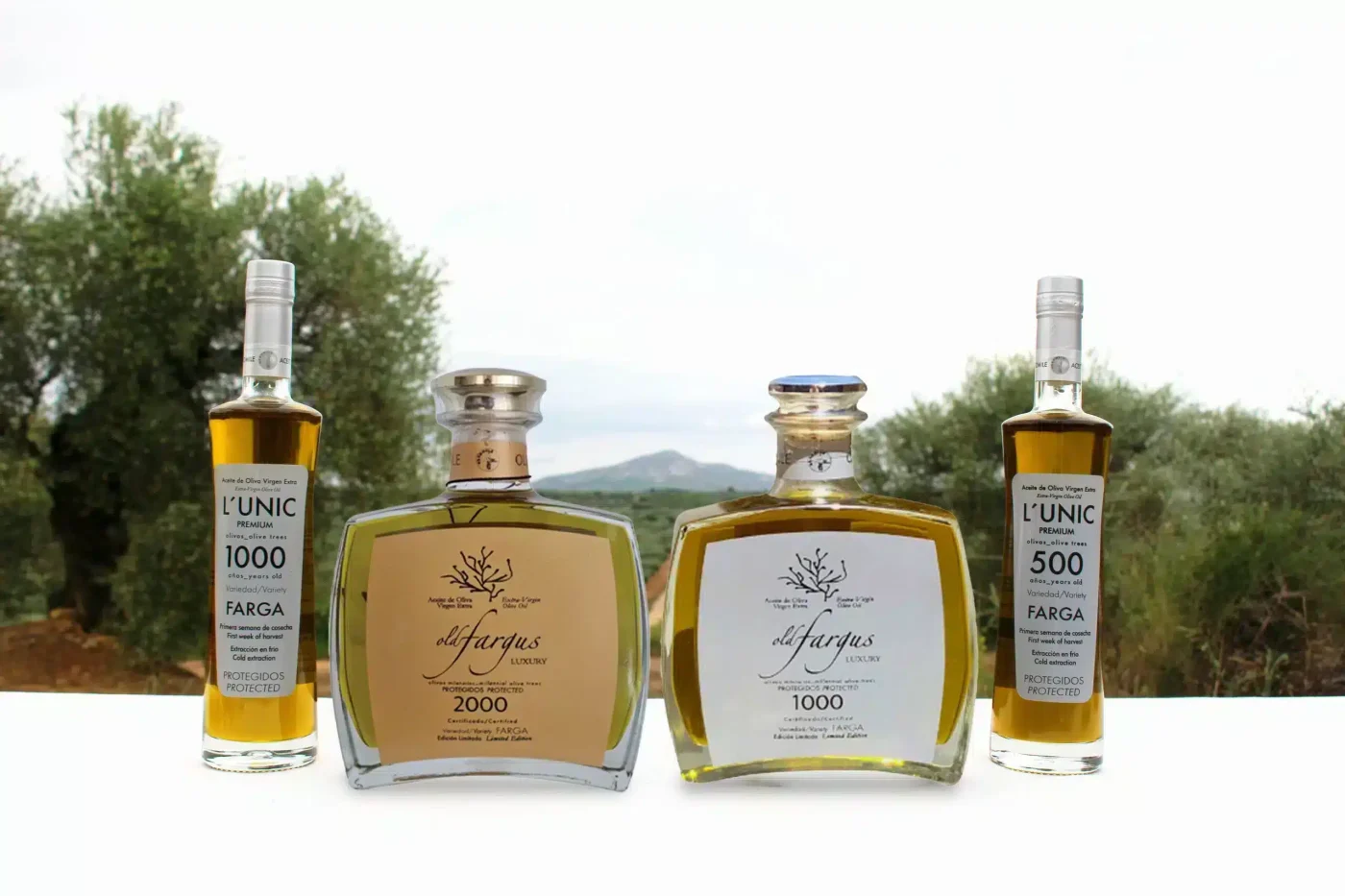
Olive oil, a culinary treasure and symbol of sophistication, has been prized for millennia. From ancient Mediterranean civilizations to the modern table, this “liquid gold” has transcended its nutritional value to become a luxury in a bottle, an essential element for discerning palates. But how is this luxury market evolving? Shifts in consumer behavior, driven by health, sustainability, and authenticity, are redefining premium olive oil trends for 2025 and beyond. This article takes an in-depth look at these trends, analyzing how producers can adapt to satisfy an increasingly informed and discerning consumer.
Olive oil is not simply an ingredient; It’s an experience, a journey through history and tradition. Its value as a luxury in a bottle dates back thousands of years, when it was a prized commodity, a symbol of wealth and power. From medicinal ointments and religious rituals to cosmetic and culinary use, olive oil has played a fundamental role in diverse cultures. Today, although its elite status persists, consumer perception has evolved. It’s no longer just about exclusivity, but also about quality, sustainability, and authenticity.
Premium olive oil has been recognized as one of the world’s first superfoods. Its richness in antioxidants, such as polyphenols and vitamin E, gives it anti-inflammatory and cardioprotective properties. This health consciousness is driving the demand for premium olive oils, especially those produced organically. The modern consumer seeks luxury in a bottle that not only delights their palate but also contributes to their well-being.
However, quality is no longer enough. Sustainability has become a key factor in purchasing decisions. Consumers of 2025 want to know the origin of their olive oil, how the olives were grown, and the environmental impact of their production. A recent study revealed that a high percentage of consumers consider a product’s environmental impact a determining factor in their purchase. This trend demands transparency and sustainable practices from producers.
Organic and sustainable production go hand in hand. The use of pesticides, herbicides, and synthetic fertilizers is increasingly questioned due to its negative impact on biodiversity and soil health. Premium olive oil producers are responding to this demand by adopting organic farming methods, such as crop rotation, composting, and biological pest control. These practices not only protect the environment but also improve the quality of olive oil, creating a luxury in a bottle that is good for the consumer and the planet.
In a world flooded with information, consumers crave authenticity. They want to know the story behind their luxury in a bottle, from the cultivation of the olives to the production process. Traceability has become a fundamental value. Consumers demand to know the exact origin of their olive oil, the variety of olives used, and the production methods employed.
Lack of transparency and deceptive practices erode consumer trust. Fake labels, confusing information, and unverified claims of origin are increasingly common. Given this situation, consumers have become more demanding and seek certifications that guarantee the authenticity and quality of olive oil.
The Protected Designation of Origin (PDO) is an example of a certification that provides value and confidence to the consumer. The PDO guarantees that the olive oil has been produced in a specific region, following traditional methods and meeting rigorous quality standards. By choosing a PDO-certified olive oil, the consumer acquires a luxury in a bottle with a verified history and origin.
The premium olive oil market is constantly evolving. Innovation and tradition intertwine to respond to new consumer demands. Producers are investing in cutting-edge technology to improve the quality of their olive oil, from cold extraction methods that preserve antioxidants toPackaging that protects the oil from oxidation.
At the same time, tradition remains a fundamental value. Ancestral cultivation methods, manual olive harvesting, and cold pressing are practices passed down from generation to generation and add value to premium olive oil. Consumers seek luxury in a bottle that combines innovation with tradition, a product that is both modern and authentic.
The future of premium olive oil depends on producers’ ability to adapt to consumer trends. Health, sustainability, and authenticity are the pillars of this new paradigm. Producers who focus on transparency, quality, and innovation will be better positioned to satisfy an increasingly demanding consumer and build a luxury brand in a bottle that will endure over time.
Important Note: aceitedelcampo.com promotes the consumption of extra virgin olive oil for its culinary qualities and health benefits. However, no medication or current treatment should be replaced without the guidance of a healthcare professional.
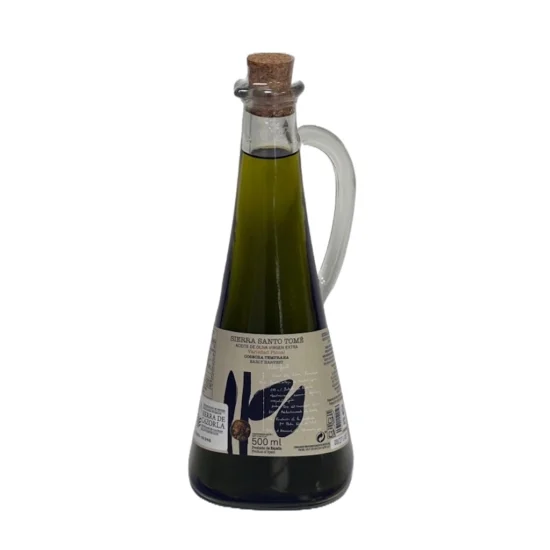
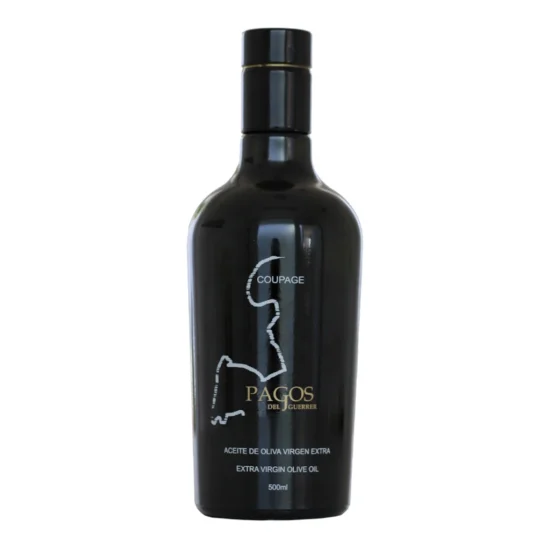
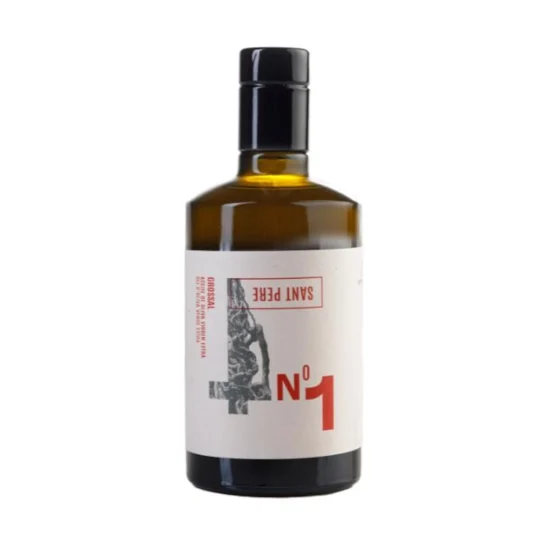
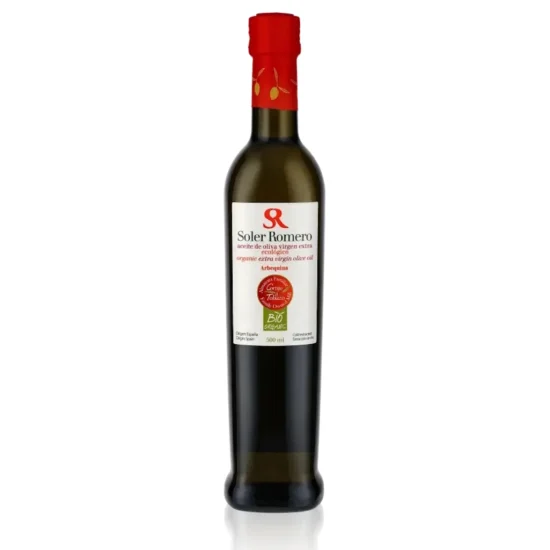
ALZAYT EXPORT SL
info@aceitedelcampo.com
C/ Eduardo Bosca 19, 2-5
46023 Valencia
Subscribe and receive a coupon by email for your next purchase.